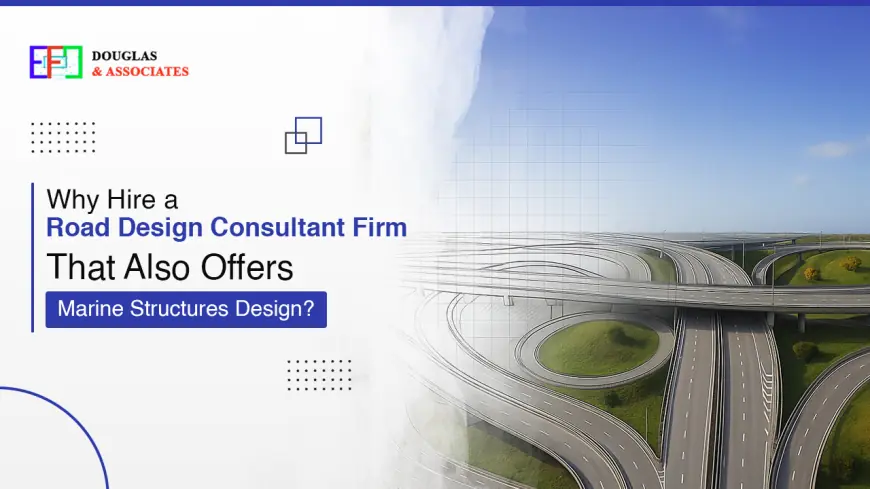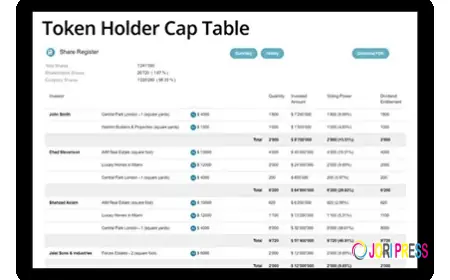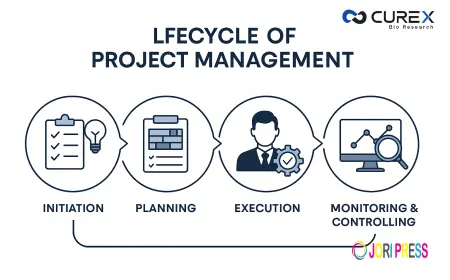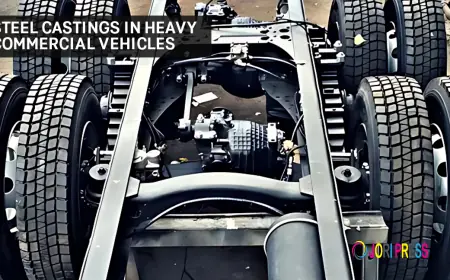Why Hire a Road Design Consultant Firm That Also Offers Marine Structures Design?
Infrastructure shapes the way people travel and connect. Roads link communities. Marine structures open gateways for global exchange and coastal living. When these two worlds meet, the results can change entire regions. This is where Road design consultant firm that also specialises in Marine structures design becomes valuable. Instead of hiring separate teams, clients gain the benefits of one multidisciplinary partner. These experts understand how land and sea connect.

The Role of Road Design Consultants
A road design consultant firm focuses on planning and engineering. They also work on delivering safe and efficient road networks. Their work goes beyond drawing maps. They design roads that handle heavy traffic and meet safety regulations. They make roads that last for decades under constant use. These consultants balance environmental concerns and land use. They work as per the community’s needs.
Good road design improves trade. It reduces travel time. It creates safer journeys. It also supports economic growth by making transport systems reliable. Without skilled road consultants, projects risk delays and higher costs. There can also be long-term safety issues.
The Importance of Marine Structures Design
Coastal and marine infrastructure plays a vital role in today’s global economy. Marine structures design covers harbours and piers. It also covers bridges and seawalls. It also includes coastal defences. These structures support shipping and tourism. They support local industries. They also protect vulnerable coastlines from storms and erosion.
A well-designed marine structure is strong and adaptable. Engineers must understand water dynamics and tidal movements. They have to take into account environmental impacts. Mistakes in design can lead to costly failures and even disasters. That is why specialist knowledge in marine design is essential for any project near the sea.
Why Combine Road and Marine Design?
In many places, especially islands and coastal regions, roads and marine structures work side by side. Ports need direct road access. Coastal highways must resist saltwater and flooding. They also have to manage shifting ground. Bridges span rivers and connect islands to the mainland.
By choosing a consultant firm that provides combined roadway and Marine infrastructure design, clients get a unified solution. The same team designs the road network and the marine works. They make sure every element fits together. This avoids gaps between land and sea planning. It reduces the risks of miscommunication between different contractors.
Multidisciplinary Civil and Structural Engineering
A consultant firm that brings both road and marine expertise shows the strength of multidisciplinary civil and Structural engineering. These firms have teams with diverse skills. They have geotechnical engineers who study soil and rock. They also have coastal engineers who monitor waves and tides. Together, they make designs that address every detail.
This integrated approach means:
- Coastal defences protect the shoreline and nearby transport links.
- Roads leading to ports can handle heavy trucks.
- Bridges are designed with structural safety and marine navigation in mind.
- Communities get strong infrastructure that supports long-term development.
What Are the Benefits of Coastal Transport Planning?
Coastal regions face unique challenges. Stronger storms, rising sea levels, and growing populations put pressure on infrastructure. Coastal transport planning must consider the way roads and marine structures interact under these conditions.
When one consultant firm manages both aspects, planning becomes smoother. Engineers can design evacuation routes that connect with ports. They can also make sure roads remain usable during floods and high tides. By coordinating marine and road planning, transport systems stay reliable even under tough conditions.
For governments and developers, this means fewer interruptions to trade and tourism. For local communities, it means safer and dependable connections.
Caribbean Civil Engineering Consultants: A Strong Example
The Caribbean gives a clear example of why combined expertise matters. The region depends heavily on ports for imports and exports. It also depends on cruise tourism. At the same time, island nations rely on road networks to connect people from inland areas to the coast.
Caribbean civil engineering consultants work on projects where roads and marine structures meet. They design bridges linking islands. They make port access roads that handle heavy cargo. In addition, they also build coastal highways that can withstand hurricanes. By providing road design and marine design under one roof, they help governments and private developers deliver strong and climate-resilient infrastructure.
This approach also supports sustainable development. Consultants can recommend eco-friendly materials and designs that protect coral reefs. They can give strategies to balance tourism with conservation.
Cost and Time Benefits
Hiring separate firms for road and marine projects leads to overlapping work and extra costs. Each firm may carry out its surveys. They will do their feasibility studies and risk assessments. This duplication wastes time and money.
With one consultant firm handling both, resources are shared. Data from marine surveys can also help in road designs. Environmental studies can cover the entire area instead of being split into two. Project timelines shorten, and budgets stay under better control.
Clients also have one main point of contact. This reduces stress and makes communication easier.
Innovation Through Collaboration
A road design consultant firm that also offers marine structures design can bring new ideas to complex challenges. For example, they may design a seawall that doubles as a promenade with road access. Or they can make a coastal highway that integrates storm surge defences.
This collaborative creativity leads to better and more sustainable solutions. It also improves the end users’ experience.
Supporting Long-Term Growth
Infrastructure is an investment in the future of communities. It is more than concrete and steel. Roads connect people to schools, hospitals, and markets. Marine structures connect nations through trade and travel.
By combining these services, consultant firms make sure infrastructure grows in harmony. Developers avoid haphazard planning. Communities benefit from infrastructure that lasts. This is especially important in regions facing climate change. In these places, resilience and adaptability matter more than ever.
Conclusion
Hiring a road design consultant firm that also delivers marine structures design is not just convenient. It is smart planning. Clients gain from integrated expertise and smoother project delivery. There will be cost savings and infrastructure built for the future.
In areas where land and sea meet, this approach is not just a choice but a necessity. Multidisciplinary civil and structural engineering brings strength to roads and marine projects. Coastal transport planning provides resilience against challenges ahead.
Whether in the Caribbean or anywhere in the world, working with a firm that combines roadway and marine expertise helps communities move forward with confidence. E F Douglas and Associates is one such company that has proven expertise in both these aspects. Connect with us now for more details.
What's Your Reaction?
 Like
0
Like
0
 Dislike
0
Dislike
0
 Love
0
Love
0
 Funny
0
Funny
0
 Angry
0
Angry
0
 Sad
0
Sad
0
 Wow
0
Wow
0

















































